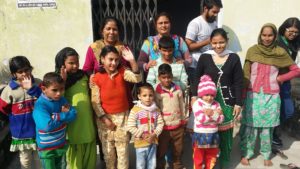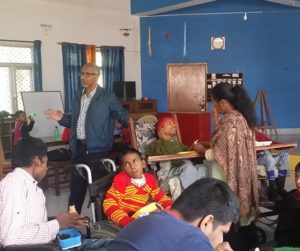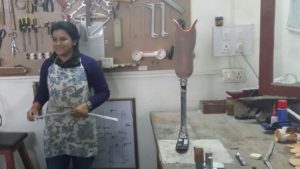
V2I Tribe Update - September 2017
Last year while working with IT Hands, a tech company focused on transformation for individuals and communities in India, we met a health worker named Robert. Robert had a son with cerebral palsy, and he struggled to care for him. He would have to travel with him every second day to a distant hospital with proper care facilities to get help. At home, he was constantly under stress. Then he wondered about other people struggling with care issues for their children with physical and intellectual disabilities. Robert knew some women in the community who supported one another through their networks and worked together to address community needs. Robert approached them with his problem and the women told him that they knew of many families who were struggling. Because of stress and shame, many of the children never left their homes. He was able to coordinate a three day training session for the women to be able to identify children with various challenges. He sent them back into the community and told them to find all of the kids they could and bring them and their families to the hospital for a meeting. “They did a very good job and they were all illiterate women. They only sometimes has trouble identifying kids with autism. We were able to share stories and think about what could be done to help each other because we were all struggling.” With very meager resources they began training parents and helping a group of thirty kids. “Within a year many of the children started walking and we were encouraged about what we could do with so little.” They organized themselves into five community care centers that provided day programs for the kids. Robert told us, “Though we had a small beginning, we are now working with more than 180 children in what we call the ANUGRAH project. The children have dignity and are part of their community and live where people can see them.”

 After visiting the care centers and seeing first-hand the amazing work that is taking place, we knew we had to return to help Anugrah because we were really impressed by the project. We asked them how we could help and conducted a needs assessment. Two acute needs were discovered: funding and staff upskilling. Anugrah has been losing funders and their staff needs more help in order to address the needs of the kids and families. So, we are returning in February 2018 to help with strategy for the project and with training for the community-based staff and workers. Our strategy and sustainability team will immerse themselves in the operations and challenges of caring for those with disabilities and collaborate with doctors, community volunteers, and stakeholders to develop a strategic plan to ensure the sustainability of the program. For our training and support team, we are looking for people in the medical field who have worked with people with disabilities to equip, train, and support the local workers. We also need someone with carpentry skills to help their staff continue to make their own prosthetic limbs and wheelchairs.
After visiting the care centers and seeing first-hand the amazing work that is taking place, we knew we had to return to help Anugrah because we were really impressed by the project. We asked them how we could help and conducted a needs assessment. Two acute needs were discovered: funding and staff upskilling. Anugrah has been losing funders and their staff needs more help in order to address the needs of the kids and families. So, we are returning in February 2018 to help with strategy for the project and with training for the community-based staff and workers. Our strategy and sustainability team will immerse themselves in the operations and challenges of caring for those with disabilities and collaborate with doctors, community volunteers, and stakeholders to develop a strategic plan to ensure the sustainability of the program. For our training and support team, we are looking for people in the medical field who have worked with people with disabilities to equip, train, and support the local workers. We also need someone with carpentry skills to help their staff continue to make their own prosthetic limbs and wheelchairs.


These are just some of the children in one of the community care centers.

Robert giving us a tour of one facility they use to care for the children.

The center makes prosthetic limbs with nice designs on them for the children who need them.